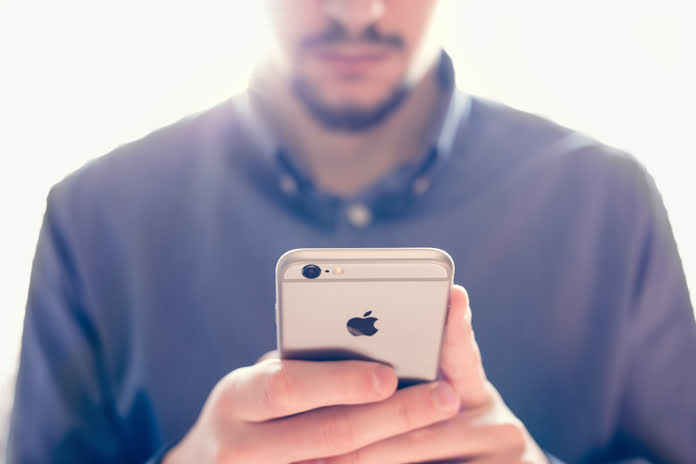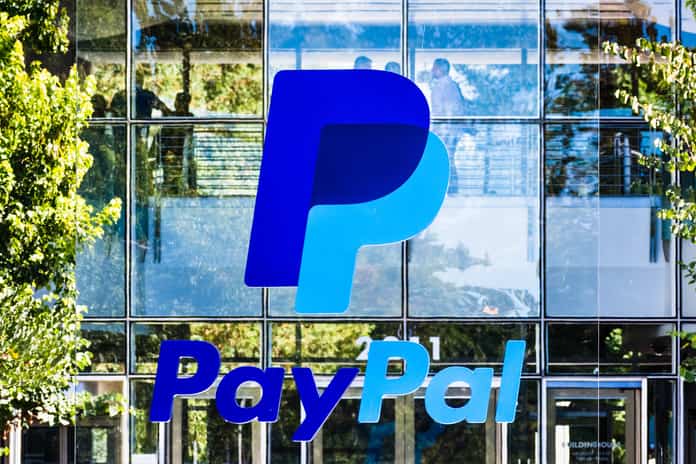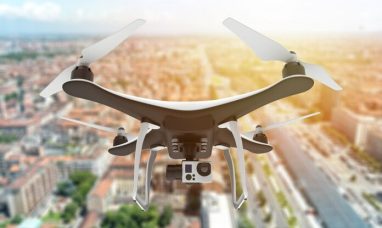On Wednesday, Apple (NASDAQ:AAPL) unveiled Lockdown Mode, a new iPhone feature designed to defend prominent users against state-sponsored hackers. These users include politicians and activists. By drastically decreasing the amount of functionalities that attackers may access and potentially compromise, it disables numerous features on the iPhone to make it less susceptible to spyware.
Lockdown Mode specifically disables numerous preview capabilities in iMessage, restricts JavaScript in Safari, hinders the installation of new configuration profiles, disables wired connections (thus limiting data copying), and shuts down incoming FaceTime and Apple services requests. Researchers who discover a security hole in Lockdown Mode will receive up to $2 million from the tech giant. The discovery comes months after it was made public that state-sponsored hackers could hack iPhones of current models using “zero-click” attacks that were disseminated via text messages. Even if the victim doesn’t click on a link, these assaults may still be successful.
Governments have urged the iPhone (Apple) manufacturer to address the problem more frequently. U.S. legislators questioned Apple (NASDAQ:AAPL) about attack details in March, including whether it could identify them, how many had been found, when and where they occurred, and how many. Most malware is created with the intention of forcing a victim to divulge sensitive information like a password or giving the attacker access to financial accounts, and the majority of hackers are driven by financial gain.
Lockdown Mode is targeting state-sponsored attacks, however these attacks are different: they use incredibly expensive tools that are sold directly to law enforcement or sovereign governments, as well as previously unreported flaws, to penetrate the iPhone operating system. The attackers can then take over the device’s microphone and camera, as well as steal the user’s browsing and communication logs. Lockdown Mode is designed for the small percentage of users that require the highest level of security because they believe they could be the target of a state-sponsored hacker. According to The Washington Post, business executives, human rights advocates, and journalists have all been the targets of military-grade spyware. A French minister and leaders of the Catalan separatist movement in Spain were allegedly targeted by spyware.
Ivan Krsti, Apple’s head of security engineering and architecture, said in a statement: “While the vast majority of users will never be the victims of highly targeted cyberattacks, we will work tirelessly to protect the small number of users who are.”
There are various varieties of mercenary spyware, but Pegasus, created by Israel’s NSO Group, is the most well-known form. Versions of this type of malware that target iPhones have recently been found and verified by researchers from the University of Toronto and Amnesty International. NSO Group has previously claimed that governments utilize its technologies in a legal manner to combat terrorists and pedophiles.
According to Apple (NASDAQ:AAPL), none of the 1 billion iPhone users will ever be specifically targeted. The tools are valuable and are only used to target a tiny number of users, according to Apple, who claims that mercenary malware like Pegasus may cost hundreds of millions of dollars. When new malware is found, Apple fixes the bugs that it uses, rendering the original exploits useless and requiring tool providers like NSO Group to change how their products operate.
According to Apple, Lockdown Mode won’t be activated by default but can be done so with a single tap from the iPhone’s settings. It will be accessible on Macbooks and iPads as well. This week, an iOS beta will be made available for testing the new functionality before it is made generally available in the fall.
About Apple
Apple Inc. is a multinational technology firm with headquarters in Cupertino, California, that focuses on consumer goods, software, and online services. With a revenue of US$365.8 billion in 2021, Apple is the largest technology company by revenue. As of May 2022, it was also the second-largest company in the world by market capitalization, the fourth-largest vendor of personal computers by unit sales, and the second-largest manufacturer of mobile phones. Together with Alphabet, Amazon, Microsoft, and Meta, it is one of the Big Five American IT firms.
Steve Jobs, Steve Wozniak, and Ronald Wayne established Apple as Apple Computer Company on April 1, 1976, to create and market Wozniak’s Apple I personal computer. In 1977, Jobs and Wozniak incorporated it as Apple Computer, Inc., and the following year, the Apple II became a best-seller. In 1980, Apple went public to immediate financial success. The business created computers with cutting-edge graphical user interfaces, such as the original Macintosh, which was introduced in the highly acclaimed Ridley Scott commercial “1984”.
Featured Image: Megapixl @ Michalrojek















